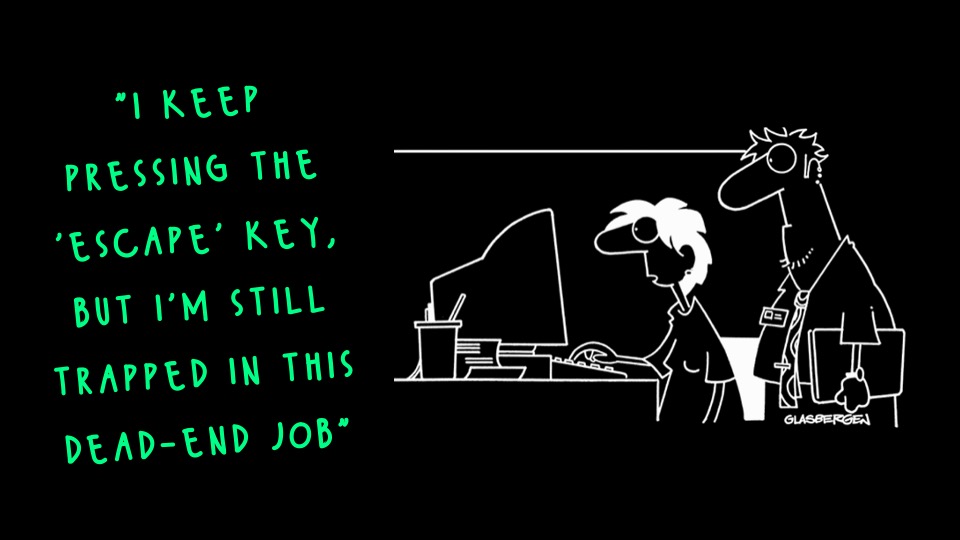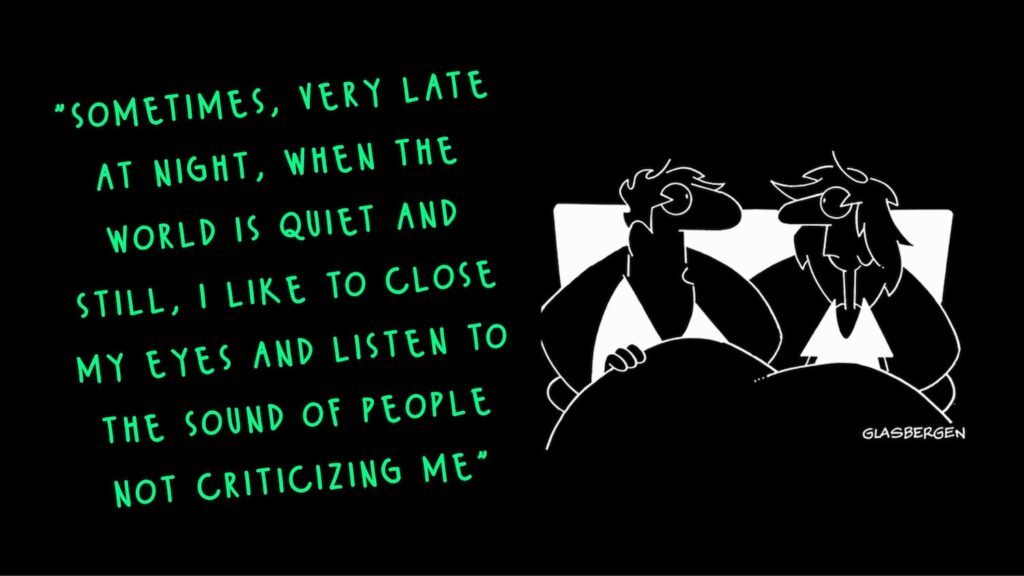
Dr Rebel: Canary in the coal mine
Today’s question: My fellow rebel always says “I told you so”, and it drives the team nuts!
This topic probably resonates with many rebels. I can’t count the number of times I have tried to warn my manager and coworkers of potential issues, only to see these exact issues happen because my warnings were ignored. This often resulted in lots of frustration, rework, and overtime for the team (and myself 😅).
The first couple of times, I brought it up in the team and said: “I told you so”, only to find out people think you are a know-it-all. So, after the 10th time I was being told to be a pain in the ass, I stopped warning the team and kept my mouth shut.
Although this is what often happens with rather minor problems, that is totally different when it concerns very serious, unethical issues. Rebels will continue to address these and are willing to put their careers – and even their lives – at risk for it. One of the most shocking and fascinating examples comes from Boeing.
Boeing 737 MAX
On October 29, 218, Lion Air Flight 610 crashed, and less than five months later, Ethiopian Airlines Flight 302 suffered the same fate. In total, 346 people were killed. Both were Boeing 737 MAX planes.
The two crashes have brought to light significant safety concerns at Boeing, raising the critical question: Could these tragedies have been prevented? For years, employees bravely voiced their safety concerns, only to be met with disregard or, more alarmingly, retaliation for their honesty. Some became whistleblowers, doing everything to prevent a disaster like the 737 Max. One of them was John Barnett, who worked in Quality Control at Boeing for over 30 years. He killed himself amidst the long-lasting, draining lawsuit he started against the company.
The troubling company culture has deteriorated to the point where Boeing now stands on the brink of an existential crisis. Had they listened to the early warnings of their staff, it would never have come to this point. Learn more about the Boeing story
Whistleblower’s dilemma
Whistleblowers often value justice and the larger good more than organisational loyalty but struggle to take action because they also want to be fair and faithful to the organisation. This is called the whistleblower’s dilemma. Interesting new research finds that employees’ loyalty toward their organisation reduces when they perceive a larger disparity in pay or external stakeholder treatment, making them more likely to blow the whistle to external authorities.
When rebels blow the whistle
The more unethical the misconduct or wrongdoings, the higher the chance someone will reach out to officials or the media. However, most whistleblowers follow these steps before taking drastic measures and externally escalate the issue:

The typical path:
- Try to solve the issue themselves or with the help of colleagues.
- Address the issue in team meetings.
- Inform (senior) management.
- Talk to a confidant within the organisation, e.g. an HR Business Partner, the Works Council, or the appointed Confidential Advisor or Ethics Officer.
- Escalate externally, for instance, the Ombudsman or a regulatory agency.
- Go to the media
Rebels are your organisation’s canaries in the coal mine. Ignore them, and you’ll miss opportunities, or far worse, disaster can strike.
✅ PS For the folks who are interested in more whistleblower stories, check out this podcast

do you have a burning question for dr rebel?

